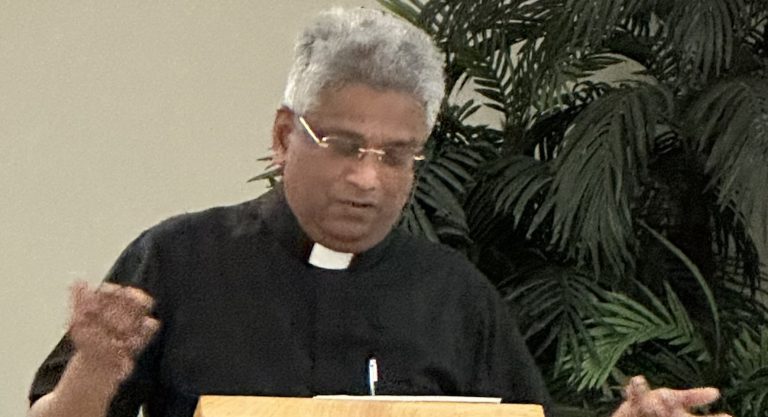First Reading • Genesis 18:1-10a
Psalm • Psalm 15:2-3, 3-4, 5
Second Reading • Colossians 1:24-28
Gospel • Luke 10:38-42
The Christian counselor and author, Gary Chapman, revolutionized the way many people looked at relationships when he published his book, The Five Love Languages: The Secret to Love That Lasts.
In this book he listed five “love languages” which he described as ways that people typically express their love to others. All of us have a primary “love language”, that is, we all have a way that we prefer to show our love, and a way that we also prefer to receive love from others.
Those five “love languages” are:
1. Acts of service
2. Spending quality time;
3. Words of affirmation;
4. Touch
5. Receiving gifts.
Someone whose “love language” is “words of affirmation” will be quick to compliment and give encouragement to their loved ones. At the same time, they will measure others’ love for them by how often they complement and encourage them.
Knowing what is our “love language” helps us to understand what expectations we bring to our relationships. Also, when we know what our loved ones’ “love languages” are, we can then express our love in ways that will be more meaningful to them.
With these “love languages” in mind, let’s take a look at today’s gospel.
Martha’s “love language” would be “acts of service”. Jesus is coming to her home and she wants to give Him the best dinner He’s ever had to show her love for Him.
She wants everything to be perfect for Jesus and the other guests. She’s feeling overwhelmed and resentful that her sister, Mary, has left her alone to do all the work. In her mind, Mary shouldn’t be out there sitting with the men listening to Jesus. Instead, she should be in the kitchen helping Martha express love in an act of service.
Mary is looking at the situation differently. Her “love language” is probably “spending quality time”. Jesus is coming to her home and she wants to spend every second she can by His side listening to Him.
It doesn’t matter to her what’s for dinner. Instead, she sees the time she gets to spend with Jesus as precious, and she’s not going to miss out on it.
Now, Jesus must have appreciated Martha and all she was doing to serve Him. He recognized that she was doing it out of love. At the same time, He appreciated that Mary wanted to spend time with Him.
Jesus loved Martha, Mary, and their brother Lazarus, and must have been looking forward to sitting with them having conversation throughout the evening.
Martha’s frustration with her sister is understandable. Why doesn’t Jesus take her side and say to Mary, “Why don’t you go help your sister in the kitchen?” The reason He doesn’t is that nothing is more important to Jesus than love.
In her concern to provide the perfect meal for Jesus, Martha forgot that it was all about love.
She let herself get overwhelmed, when all Jesus really wanted was her love – the love that Mary was showing Him by sitting at his feet listening to Him.
Mary was showing great love, and Jesus would not let Martha get in the way of that. Love is the “one thing necessary” that gives value to whatever we do or say.
Jesus goes even further. He states that the way that Mary is showing her love is “the better part.” Spending time in Jesus’ presence and listening to Him is the “love language” that He esteems over all others.
It is because Jesus wants to share His divine love with us so that we can share it with others. The only way we can receive that divine love is by spending time in His presence listening to Him.
When we spend time in prayer, Jesus shares the “love language” of “words of affirmation” with us. We read in the Bible about His unfailing, unconditional love for us. We hear Him speak words of mercy and forgiveness to us. Encouraged by His love, we can then share it with others.
The other “love language” Jesus wants to share with us is “touch”.
We experience Jesus’ touch primarily through the sacraments. In the Sacrament of Reconciliation, Jesus reaches out to touch us with His forgiveness.
In the Anointing of the Sick, Jesus touches us with His healing power. And in the Eucharist, Jesus makes His home in us.
If we are finding ourselves feeling like Martha – overworked, overwhelmed, and frustrated – perhaps it is time to choose “the better part” – to show our love for Jesus by spending time listening to Him in prayer. When we do that, we allow Jesus to love us.
Prayer restores our focus, grounds us in our identity as beloved children of God, and helps us to serve others with more peace and joy.
Whatever way we choose to show love, Jesus will be pleased with it. In a few minutes, we will receive from Him the greatest “love language” of all – the gift of His Body and Blood in the Eucharist.
He is especially pleased when we welcome Him into our heart and receive this gift with gratitude and awe.

